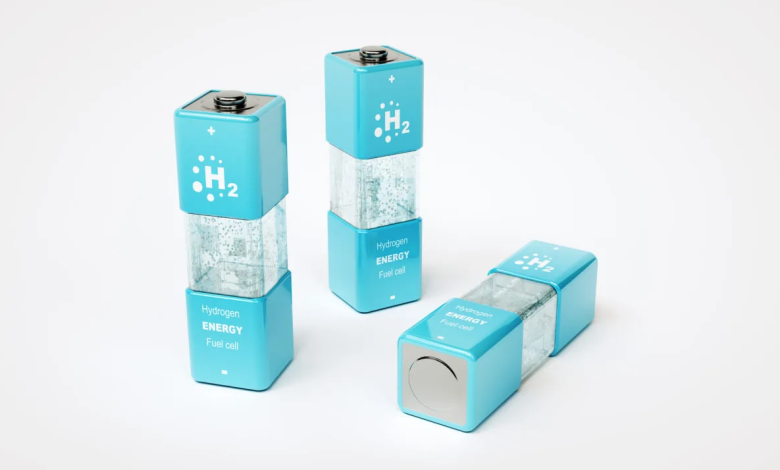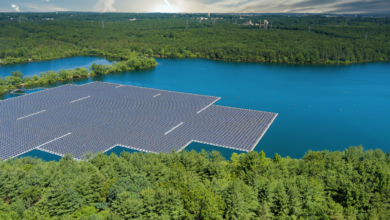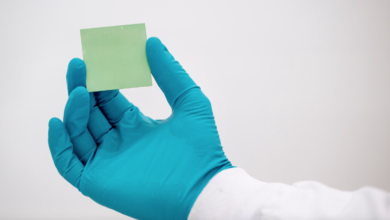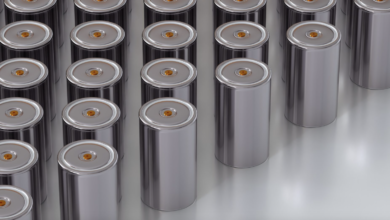A biobattery to store hydrogen safely
The new biobattery to store hydrogen comes from marine bacteria
(Sustainabilityenvironment.com) – The search for a means to store hydrogen in an efficient, safe and energy-saving way continues. A commitment to which the microbiologists of Goethe University in Frankfurt have also wanted to collaborate today.
Led by Professor Volker Mülle, the team of scientists managed to create a kind of biobattery to accumulate the vector in a reversible way. The principle behind the process is well known and is based on the combination of hydrogen (H2) and carbon dioxide (CO2) to form formic acid (HCOOH). At room temperature, the compound is presented in liquid form, easy to store and transport before extracting the hydrogen again. One liter of this acid can be used to carry up to 590 liters of hydrogen.
A perfect system on paper, despite the corrosivity of the compound, requires some precautions. In practice, however, the reversibility of the process does not appear so immediate: the splitting of HCOOH molecules requires, in fact, a lot of energy. In order to overcome this obstacle, several sector researchers have focused on the development of specific catalysts.
The advantages of Acetobacterium woodii
Exactly at this level fits the rich Mülle and colleagues. The group has created and demonstrated the functionality of a biological-based system, which allows multiple cycles of CO2 reduction to formic acid and vice versa. The secret? It is small and lives in the sea depths. Let’s talk about Acetobacterium woodii, an acetogen bacterium well known by the chemical world.
The micro-organism eats typically carbon dioxide and metabolizes it into formic acid with the aid of hydrogen. Formic acid, in fact, is only an intermediate product of their metabolism and is further digested into acetic acid and ethanol. But scientists have adapted the bacteria to make it possible to stop this process at the HCOOH stage and reverse it.
“The measured rates of CO2 reduction to formic acid and return are the highest ever recorded and significantly higher than other biological or chemical catalysts; moreover, unlike chemical catalysts, Bacteria do not require rare metals or extreme conditions for the reaction, such as high temperatures and high pressures, but instead perform the work at 30 ºC and normal pressure,” explains Müller. From this the team created a biobattery for hydrogen storage, testing it in several cycles for two weeks. “The system – stress scientists – has worked extremely stable for at least two weeks”. The research was published in Joule.






